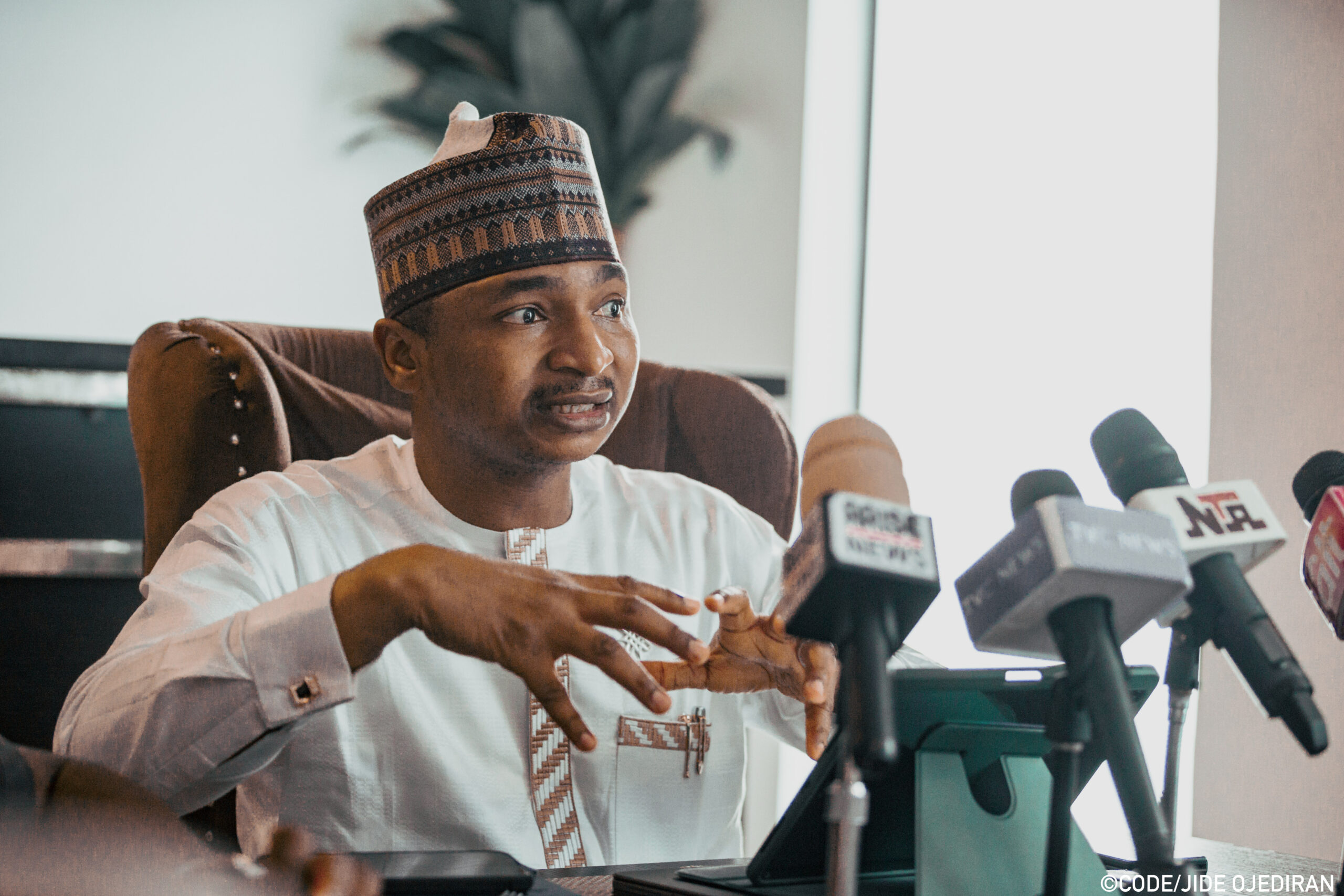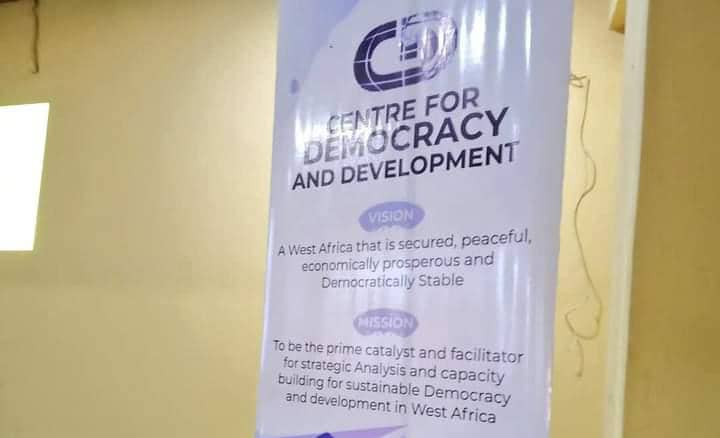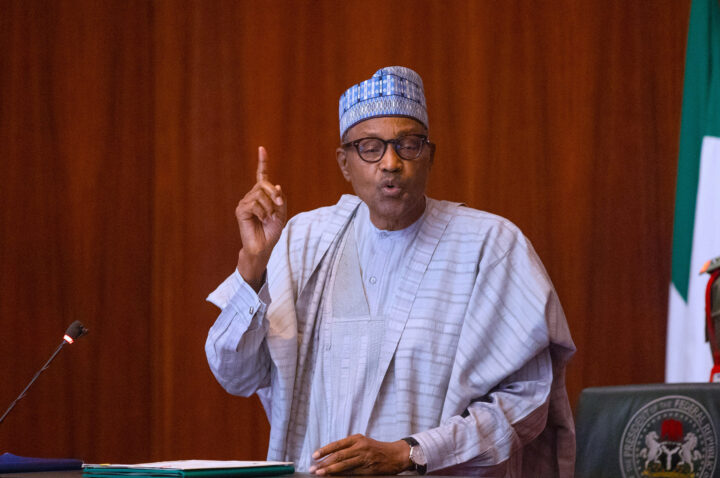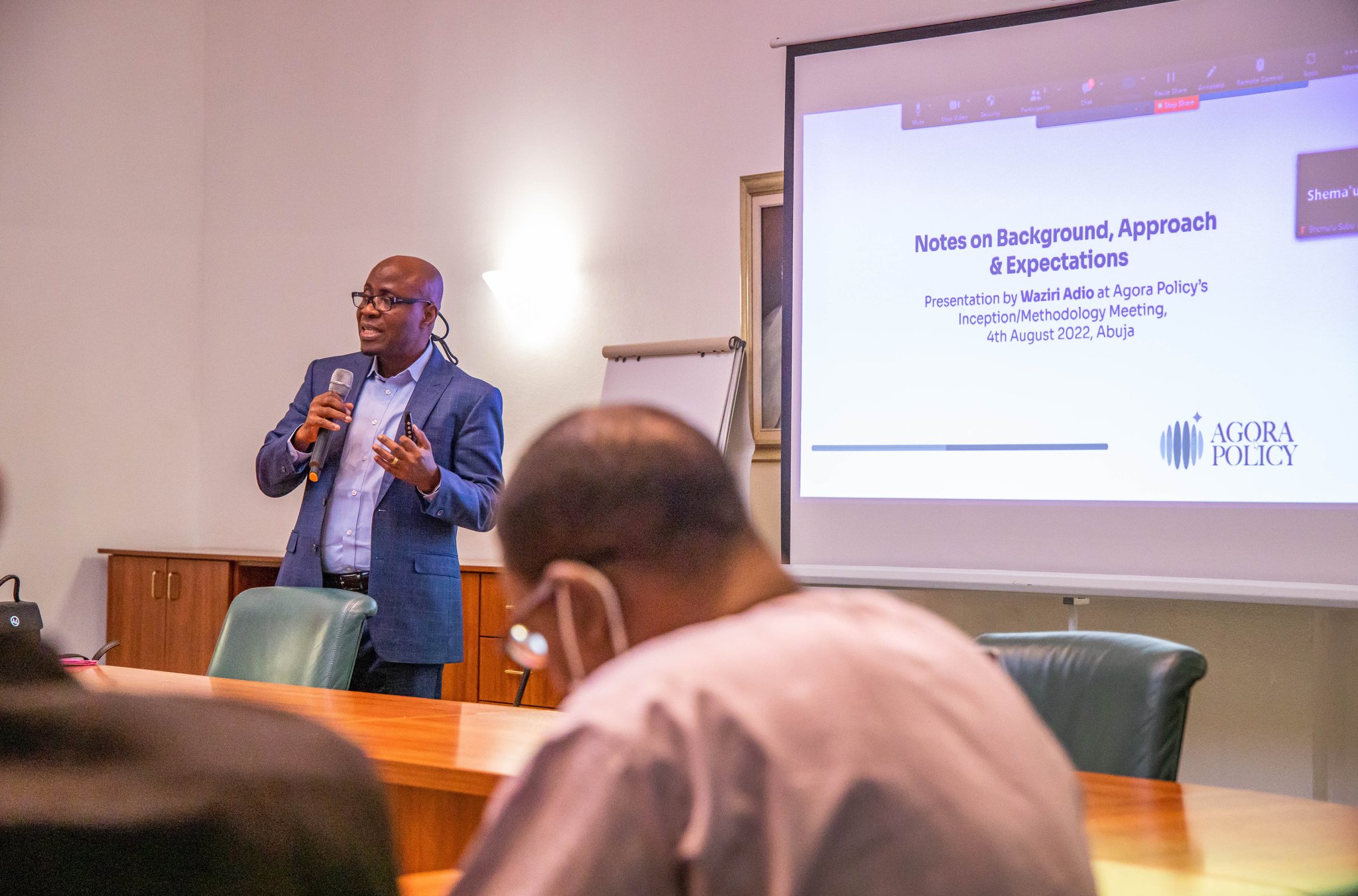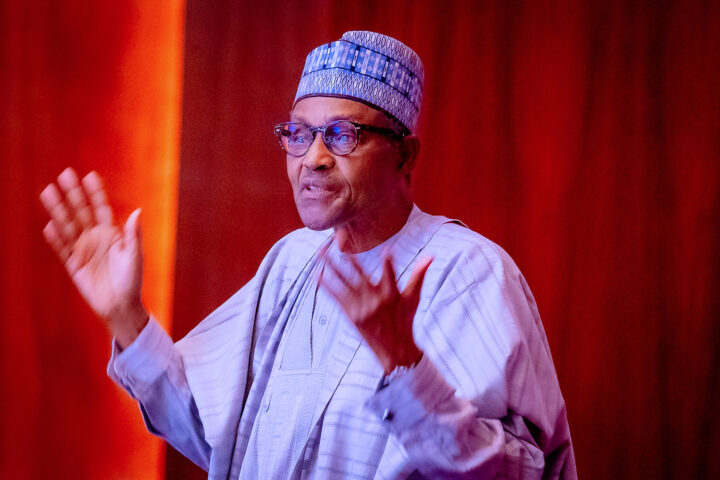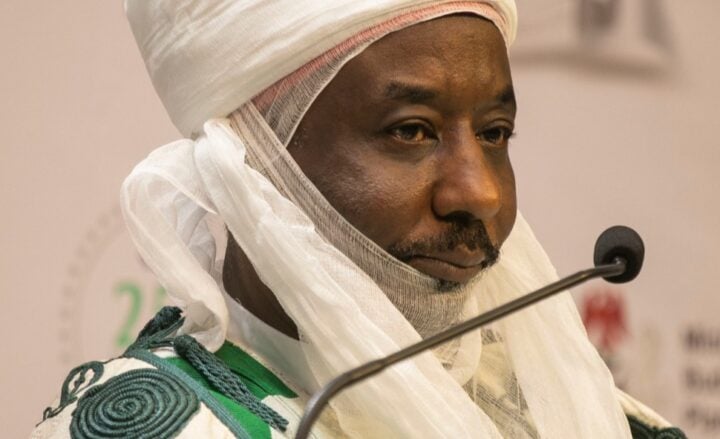Hamzat Lawal, chief executive officer of Connected Development (CODE), says his organisation is working to produce monthly security dossiers (MSDs) that will help law enforcement agencies address the country’s security challenges.
Addressing a press conference in Abuja on Friday, Lawal expressed dismay that culprits are not punished for their criminal activities.
The CODE CEO said from the information available to them, a total of 3,120 citizens have been affected by insecurity of which 465 were killed in a month.
“Randomly, bandits attack communities – inflicting heavy human casualties; rustling cattle; destroying properties and social installations; etc. Does anyone get to be punished as a result of these deaths in order to shape public behaviour? The answer is no,” he said.
Advertisement
“Our response is that we are launching monthly security dossiers (MSDs) that will serve as security advisories for policymakers and security agencies.
“In the first edition, we recorded a total of 3,120 Nigerians who were victims of security breakdowns across the federation.
“Furthermore, 465 persons were killed; 355 persons were kidnapped; 120 persons sustained injuries, and 2,000 persons were displaced.
Advertisement
“CODE’s Monthly Security Dossiers (MSDs) will be regular and timely over time. Through policy dialogues and media engagements, we look forward to forging a National CSOs working group on security and development and partnering with governmental actors on building sustainable peace.”
Lawal said his organisation’s tracking of COVID-19 funds across the African continent has yielded “major impact.”
“In Cameroon, we influenced institutional audit processes across the ministry of public health and ministry of Justice on the use of funds,” the CEO said.
“In Nigeria, our advocacy influenced documentation of COVID 19 fund disbursement by the Ministry of State, Budget and National Planning, providing the public with the breakdown of COVID-19 funds.
Advertisement
“In Malawi, we collaborated with the Center For Human Rights and Rehabilitation (CHRR) to track a Covid-19 school expansion project in Salima District.
“In Ghana, our advocacy, augmented through our partnerships with other CSOs and activists, resulted in the formulation of a parliamentary committee to review covid spending.
“In Sierra Leone, our advocacy with other civil society groups and the media prompted law enforcement agencies (the Anti-Corruption Commission) to investigate and prosecute erring officials.
“In Liberia, our advocacy with other civil society organizations and media institutions led to the national government accounting for covid-19 funds.”
Advertisement

